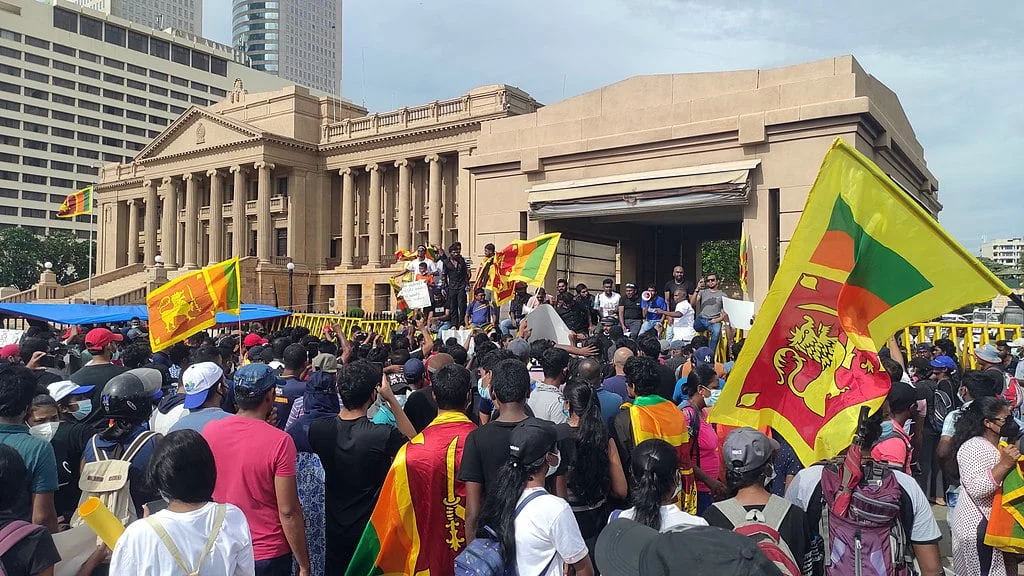Colombo – Verité Research stated that Sri Lanka legally requires large infrastructure projects to disclose information online when the amount exceeds USD 100,000. This requirement applies particularly to foreign-financed projects funded by foreign loans and grants.
However, compliance with this law remains poor. In 2024, the government disclosed only 40% of the required information on such projects.
The 2024 update of Infrastructure Watch highlighted this finding on PublicFinance.LK, Sri Lanka’s leading economic insights platform.
This platform has been tracking government adherence to the RTI Act’s proactive disclosure requirements since 2022.
Corruption in public spending frequently associates with public procurement. The dashboard revealed that the disclosure of procurement-related information for foreign-financed projects fell even lower. It was only 20% of what the law mandates.
Economist and Director at Verité Research, Subhashini Abeysinghe said that foreign lenders could enhance transparency by linking project financing to government compliance with the Right to Information Act.
She said that improved transparency benefits not only the Sri Lankan public but also the lenders and contractors involved in these projects.
“Greater transparency fosters fair competition, reduces corruption risks and minimises reputational risks for lenders and contractors,” Abeysinghe said.
Section 9 of the RTI Act, along with guidelines from the RTI Commission, mandates the proactive disclosure of information under five broad categories: project details, rationale and beneficiaries, budget and financial details, approvals and clearances and procurement and contracts.
The 2024 assessment looked at compliance in relation to 50 large infrastructure projects. Visit https://dashboards.publicfinance.lk/infrastructure-watch/ to access the dashboard.
This news is sourced from Daily Mirror and is intended for informational purposes only.



![Ukrainian and Russian flags with soldier silhouettes representing ongoing conflict. [Image via Atlantic Council].](https://southasiatimes.org/wp-content/uploads/2026/02/2022-02-09T000000Z_1319661209_MT1NURPHO000HXCNME_RTRMADP_3_UKRAINE-CONFLICT-STOCK-PICTURES-scaled-e1661353077377.jpg)


